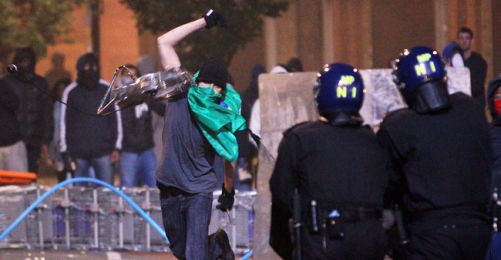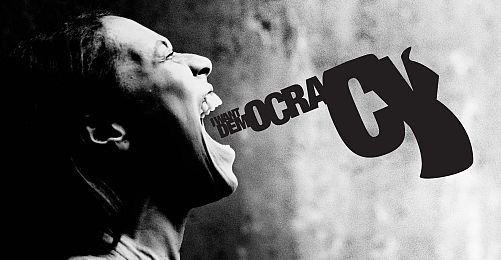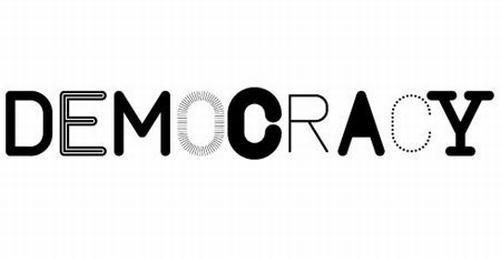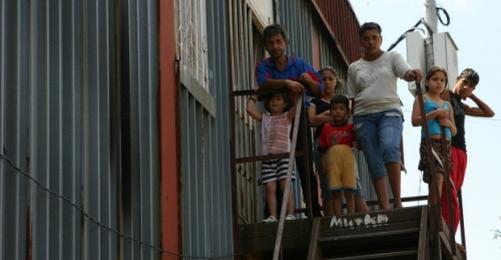"There'll be riots... There'll be riots"; Chavez Campbell from the relatively impoverished area of Haringey in North London and one of the young people the Guardian reporter is talking to is saying this with full emphasis. The date is July 31st, only 6 days before the street riots flared across the country.
In the large cities where low income population live in the UK, there is a frightening trend of street gangs. One of the young people, this time Zephaniah Thompson whom the Guardian reporter has been talking to says rather nonchalantly "I've had a couple of friends who have been stabbed, one has been shot but not severely injured thank God".
Well, how does one explain the fact that the riots predicted by Chavez have not been foreseen by the Government? To be frank, this question does not make much sense.
The Conservative Party leader David Cameron in 2006, while he was only the head of the opposition party, had made a speech with the theme "hug a hoodie". Cameron had addressed the need to try to understand the hoodies and said "We'll never get the answers right unless we understand what's gone wrong" without neglecting to add "It doesn't mean excusing crime".
Then why is the question "what Chavez foresaw was not predicted by the government?" does not make much sense?
It does not, because when the riots flared Prime Minister Cameron had not moved by a centimetre further than what would be expected from the typical manner of a conservative. He had a shortcut answer: "criminality, pure and simple".
He announced that the looters would be prosecuted and face the full force of law and, after the uprising ended, he blamed the riots on the evil consequences of a broken society and the slow motion moral collapse.
Who really cares about a governing party if it had perceived the riots with such a vision? What Cameron sees as a panacea is the police stick and the restoration of morality (as if it would be something meaningful and achievable!)
The brightest of all the thinkers of the world did not miss a beat when he proclaimed:
"It is not the consciousness of men that determines their existence, but their social existence that determines their consciousness"
When the measures taken to combat budgetary deficit always do and always will hit the low income classes, what is the difference between the initiatives of strengthening the family structure and to impose disciplinary measures at schools in the Nasreddin Hodja way of by adding yeast into the lake in the hope that it will transform into yoghurt.
The Youth Centres which help support the socialization of the young people from lower classes and give some kind of a meaning to their bleak social existence are one of the institutions hit by the latest cuts. Even if they say in an article in the New Statesman; "The riots were not, as some have claimed, an uprising or insurrection against the coalition's spending cuts. Many of the cuts deemed responsible for the violence have not even taken effect", some issues are out in the open. Since Christmas, 8 youth centres out of 13 have been closed down in Haringey.
It is crucial on the other hand to consider a few more things. The university tuition fees in Britain have increased by almost 300 percent and of course make the bleak futures and joblessness of young people from lower social classes more evident. Britain ranks as one of the worst countries in Europe with respect to alcohol and drug addiction hitting young people, the growth rate of the British economy is 0.2 percent, the country had already suffered during the crisis of 2008 and the recent EU debt crisis will no doubt leave its mark on the economy and will cause some extra burden.
In a sense Cameron is right. The British society is on the brink of collapse (maybe it is possible to link this with the last 30 years of neo-liberal policies). Under-age mothers are widespread. In all those cities that London initiated riots spread to; Manchester, Liverpool, Nottingham, if you walk around you could easily see 15-16 years old teen moms pushing prams, and jobless youngsters hanging around.
The revolutionary opposition, unlike continental Europe, has traditionally been weak in Britain. Therefore a young black man's getting shot by the police did not inspire a political uprising. On the contrary, young people looted small shops run by small scale retailers. High-tech goods and luxury items were looted from large department stores.
The sociologist Daniel Bell professes that the needs after a certain point in capitalism are no longer biological but turn into psychological and unlimited requirements. He coins the term "institutionalisation of envy" to define it.
England has been one of first countries to have arrived at this particular stage of capitalism, even one of the first ones. The death of a young man of immigrant origin by a police gun kicks off widespread riots in a country with such an economical substructure and where all the above attributes exist... And the young people communicate via Blackberry Messenger and Twitter and get organized quickly to loot high-tech stores! (BC/IC)








